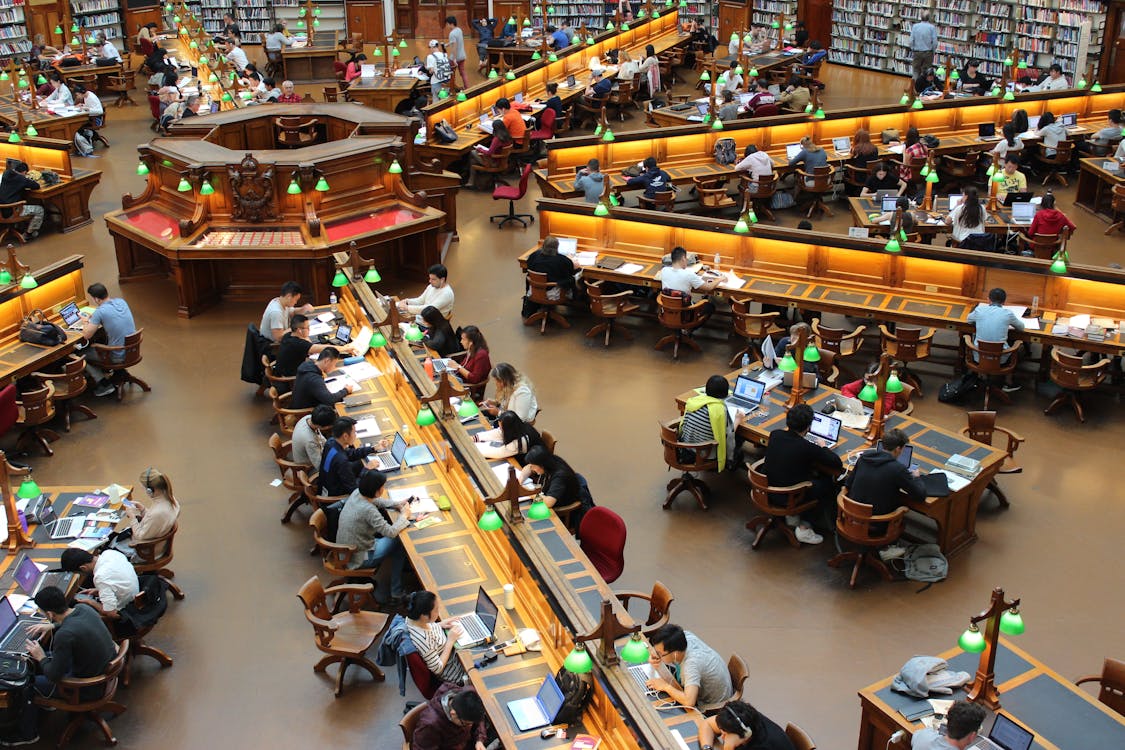Introduction
The main goal of educational psychology is to understand and
improve the educational process. This field applies psychological theories,
principles, and research methods to study how individuals learn and develop in
educational settings. By focusing on the cognitive, emotional, social, and
behavioral aspects of learning, educational psychology aims to enhance teaching
methods, curriculum design, student motivation, and overall educational
outcomes.
Understanding Learning Processes
Educational psychology seeks to unravel the complexities of
learning. It explores how individuals acquire knowledge, develop skills, and
adapt to new information. This understanding is grounded in various theoretical
perspectives such as behaviorism, cognitivism, and constructivism:
- Behaviorism emphasizes observable behaviors and the role
of reinforcement in learning. It suggests that behaviors are shaped by their
consequences, making it relevant in understanding how rewards and punishments
influence student behavior and learning outcomes.
- Cognitivism focuses on internal mental processes such as
memory, problem-solving, and information processing. This perspective
highlights how learners encode, store, and retrieve information, offering
insights into effective instructional strategies that optimize cognitive
development.
- Constructivism posits that learners actively construct
their own understanding and knowledge of the world through experiences and
interactions. It underscores the importance of hands-on learning,
problem-solving activities, and social interactions in fostering deep learning
and conceptual understanding.
Enhancing Teaching Methods
Educational psychology informs effective teaching practices
by providing insights into how to engage students and facilitate learning:
- Differentiated Instruction: Recognizing and accommodating
diverse learning styles, abilities, and backgrounds to ensure that all students
have equitable access to learning opportunities.
- Active Learning Strategies: Promoting student engagement
through activities that require critical thinking, collaboration, and
application of knowledge, such as discussions, projects, and simulations.
- Feedback and Assessment: Designing assessments that provide
meaningful feedback to students and inform instructional decisions. Educational
psychologists study various assessment techniques to ensure they are valid,
reliable, and fair.
Supporting Student Motivation
Motivation is crucial for learning success. Educational
psychology explores factors that influence motivation and strategies to enhance
it:
- Intrinsic vs. Extrinsic Motivation: Understanding how
internal factors like personal interest and curiosity drive learning, compared
to external rewards or pressures.
- Self-efficacy: Beliefs about one's ability to succeed in
specific tasks influence motivation and effort. Educational psychologists
explore ways to foster self-efficacy in students to increase their willingness
to tackle challenges and persist in their learning endeavors.
- Goal Setting: Helping students set realistic and achievable
goals enhances motivation and provides a sense of direction in their learning
journey.
Informing Curriculum Design
Educational psychology contributes to the development of
curricula that are aligned with learners' cognitive and developmental stages:
- Developmental Considerations: Incorporating knowledge of
cognitive and socio-emotional development into curriculum planning ensures that
learning experiences are age-appropriate and meet students' evolving needs.
- Subject-Specific Instruction: Tailoring instructional
strategies to the unique demands of different subjects, such as mathematics,
language arts, and sciences, to optimize learning outcomes.
- Interdisciplinary Approaches: Promoting connections
between various disciplines to foster holistic understanding and critical
thinking skills among students.
Promoting Positive Learning Environments
Educational psychologists study the social and emotional
factors that contribute to a conducive learning environment:
- Classroom Management: Strategies for creating a supportive
and respectful classroom climate that minimizes disruptions and maximizes
instructional time.
- Peer Relationships: Understanding how peer interactions
influence learning and social development, and promoting cooperative learning
activities.
- Teacher-Student Relationships: Recognizing the impact of
positive teacher-student relationships on student motivation, engagement, and
academic achievement.
Advancing Educational Research and Policy
Educational psychology conducts research to generate
evidence-based practices and inform educational policies:
- Research Methods: Utilizing experimental, observational,
and qualitative research methods to study learning processes, instructional
effectiveness, and educational interventions.
- Policy Advocacy: Providing empirical evidence to support
educational reforms and initiatives aimed at improving student outcomes and
reducing achievement gaps.
- Professional Development: Offering insights and training
for educators to implement evidence-based practices that enhance teaching and
learning in diverse educational settings.
Challenges and Future Directions
Educational psychology faces challenges such as addressing
disparities in educational access and achievement, integrating technology
effectively into learning environments, and promoting cultural responsiveness
in educational practices. Future directions include leveraging advances in
neuroscience and digital learning technologies to further enhance understanding
of learning processes and personalize educational experiences for students.
Conclusion
In conclusion, the main goal of educational psychology is to
foster a deeper understanding of how individuals learn and develop within
educational contexts. By applying psychological theories, principles, and
research methods, educational psychologists seek to improve teaching methods,
curriculum design, student motivation, and overall educational outcomes. This
field plays a crucial role in shaping effective educational practices and
policies that support diverse learners and promote lifelong learning and
academic success. As educational environments evolve, the insights and
contributions of educational psychology remain essential in enhancing
educational practices and fostering positive learning experiences for all
students.


